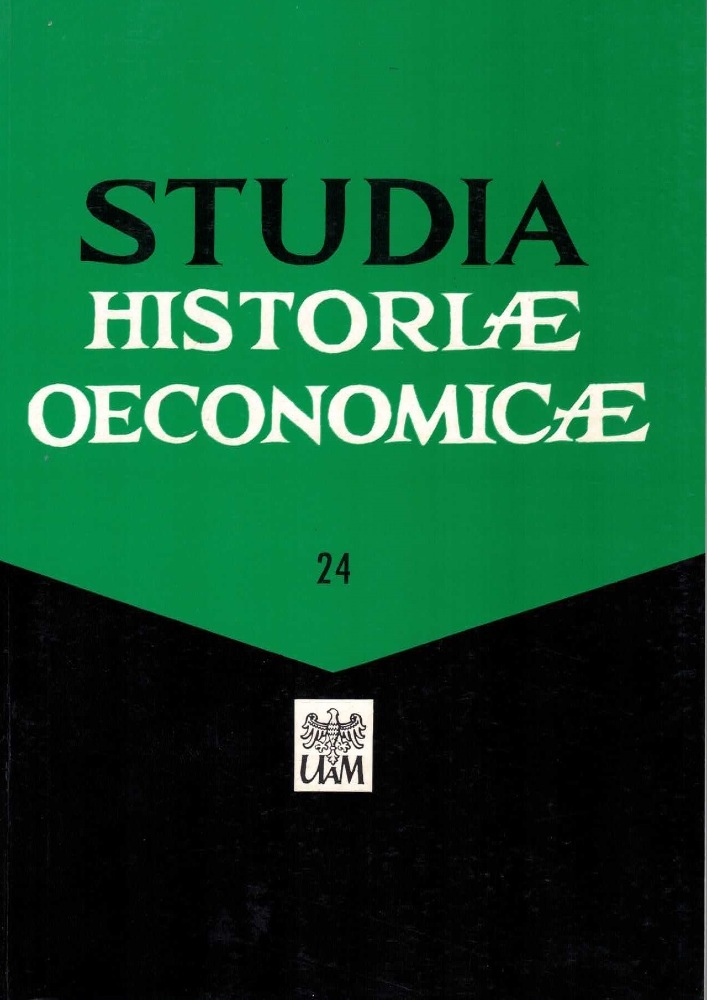Abstract
Successive cabinets of the II Polish Republic adhered to the principles of free- market economy, except for the government of Jędrzej Moraczewski in the late 1918, and of Felicjan Sławoj Składkowski in 1935-39. In such a system, the main responsibility of the state was to define the general framework of economic goals and operations, and not to directly engage in any economic enterprise, which was the sole domain of the private sector. In Poland, however, the principles were not fully respected, and all governments, to a lesser or greater degree, followed the rules of a state-controlled economy. Partially, this was a result of the circumstances which forced governments to undertake some economic actions which, for some reasons, appealed neither to Polish nor foreign investors.
License
© by Institute of History, Adam Mickiewicz University, Poznań, 2001
OPEN ACCESS




